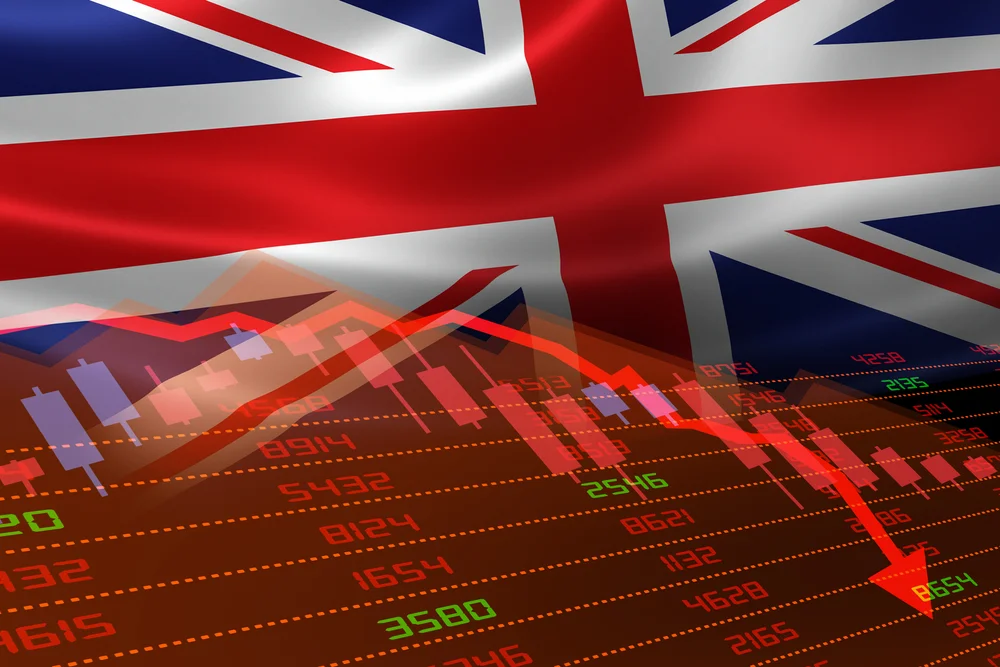In recent months, the UK has been navigating a series of economic challenges that reflect both domestic issues and global uncertainties. As the country strives to stabilize its economy, several key factors are influencing its economic landscape. From inflationary pressures to trade agreements and energy concerns, the UK is in a period of significant economic flux.
Inflation and Cost of Living Crisis
One of the most pressing issues for the UK economy is inflation. Recent reports indicate that inflation rates remain stubbornly high, driven by a combination of factors including rising energy costs, supply chain disruptions, and increased demand for goods and services. This inflationary pressure is impacting the cost of living for many households, making everyday expenses more burdensome.
The Bank of England has taken measures to combat inflation, including adjusting interest rates. However, higher interest rates come with their own set of challenges, including increased borrowing costs for consumers and businesses. The delicate balance between curbing inflation and supporting economic growth is proving to be a tightrope walk for policymakers.
Unemployment and Job Market Dynamics
Another critical aspect of the UK’s economic situation is the labor market. While unemployment rates have generally remained low, there are signs of strain in specific sectors. For instance, industries such as hospitality and retail are facing difficulties in attracting and retaining staff. The impact of Brexit on the labor market cannot be ignored, as the departure from the EU has led to a reduction in the availability of migrant workers, exacerbating labor shortages.
The UK government is focusing on skills development and retraining programs to address these challenges. Initiatives aimed at equipping workers with skills in emerging sectors like technology and green energy are part of a broader strategy to create a more resilient and adaptable workforce.
Trade and Economic Relations Post-Brexit
Trade relations post-Brexit remain a complex and evolving issue. The UK’s departure from the European Union has necessitated the establishment of new trade agreements and frameworks. While some progress has been made, there are ongoing negotiations and adjustments required to fully optimize these trade relationships.
The UK’s trade agreements with countries outside the EU are crucial for diversifying its trade portfolio and reducing reliance on European markets. However, the process of forging these new agreements is intricate and time-consuming, often involving detailed negotiations and adjustments to align with international standards.
Energy Security and Sustainability
Energy security is another significant concern for the UK. Recent geopolitical tensions and fluctuations in global energy markets have highlighted the need for a more secure and sustainable energy strategy. The transition to renewable energy sources is a key component of the UK’s long-term strategy to address climate change and reduce dependence on fossil fuels.
Government initiatives are focusing on accelerating the development and deployment of renewable energy technologies, such as wind, solar, and hydrogen. However, the transition to a greener energy system presents challenges, including the need for substantial investment in infrastructure and technology, as well as ensuring energy affordability for consumers.
Housing Market Trends
The UK housing market is also experiencing notable trends that have implications for the broader economy. House prices have seen significant fluctuations, influenced by factors such as interest rates, demand-supply dynamics, and government policies. The rising cost of housing is a concern for many, particularly first-time buyers who are struggling to enter the market.
Government measures to address housing affordability include initiatives to increase the supply of affordable housing and support for first-time buyers. However, balancing the housing market remains a complex issue, requiring coordinated efforts between policymakers, developers, and financial institutions.
Future Outlook and Strategic Responses
Looking ahead, the UK’s economic outlook will be shaped by a combination of internal and external factors. The government’s ability to navigate these challenges will depend on its strategic responses and adaptability. Key areas of focus will include managing inflation, fostering economic growth, and ensuring long-term sustainability in energy and housing.
The resilience of the UK economy will be tested in the coming months, with the global economic environment continuing to evolve. The interplay between domestic policies and international developments will be crucial in determining the trajectory of the UK’s economic recovery and growth.
In summary, the UK is facing a multifaceted economic landscape characterized by inflationary pressures, labor market dynamics, trade complexities, energy security issues, and housing market fluctuations. As the country works to address these challenges, strategic planning and adaptive measures will be essential for fostering economic stability and long-term prosperity.



